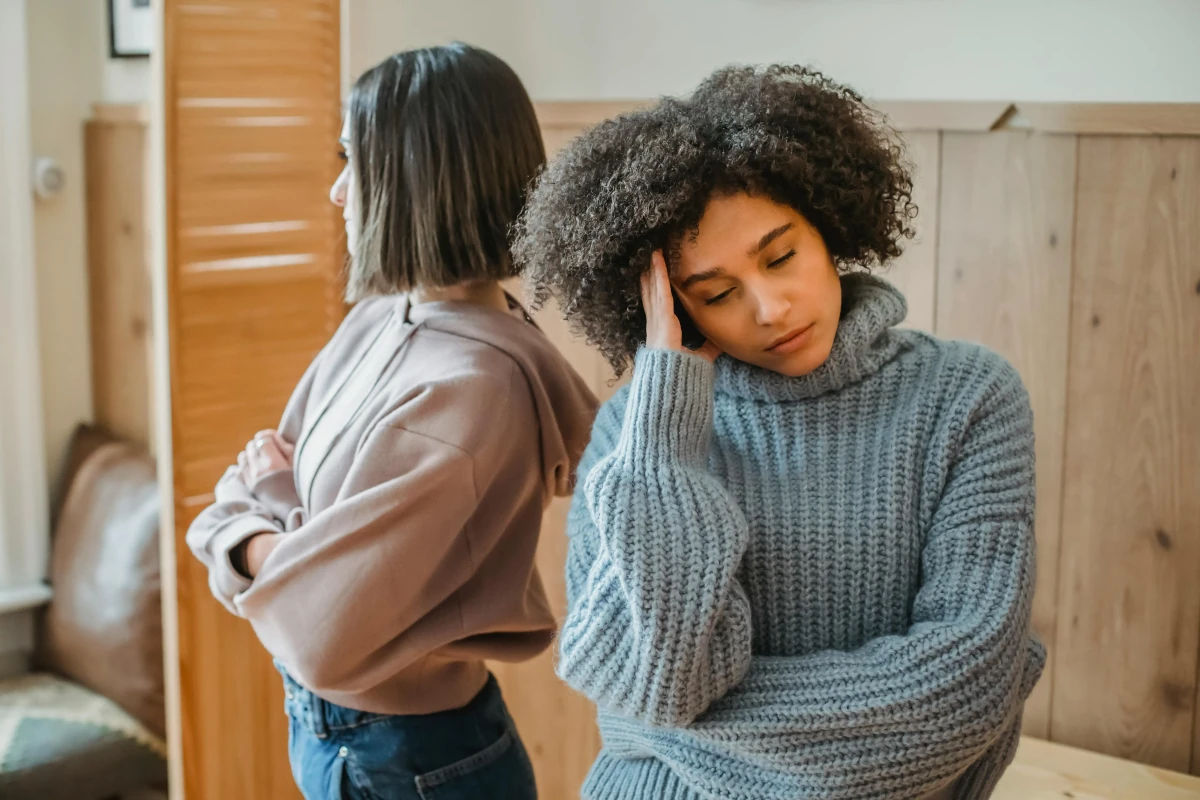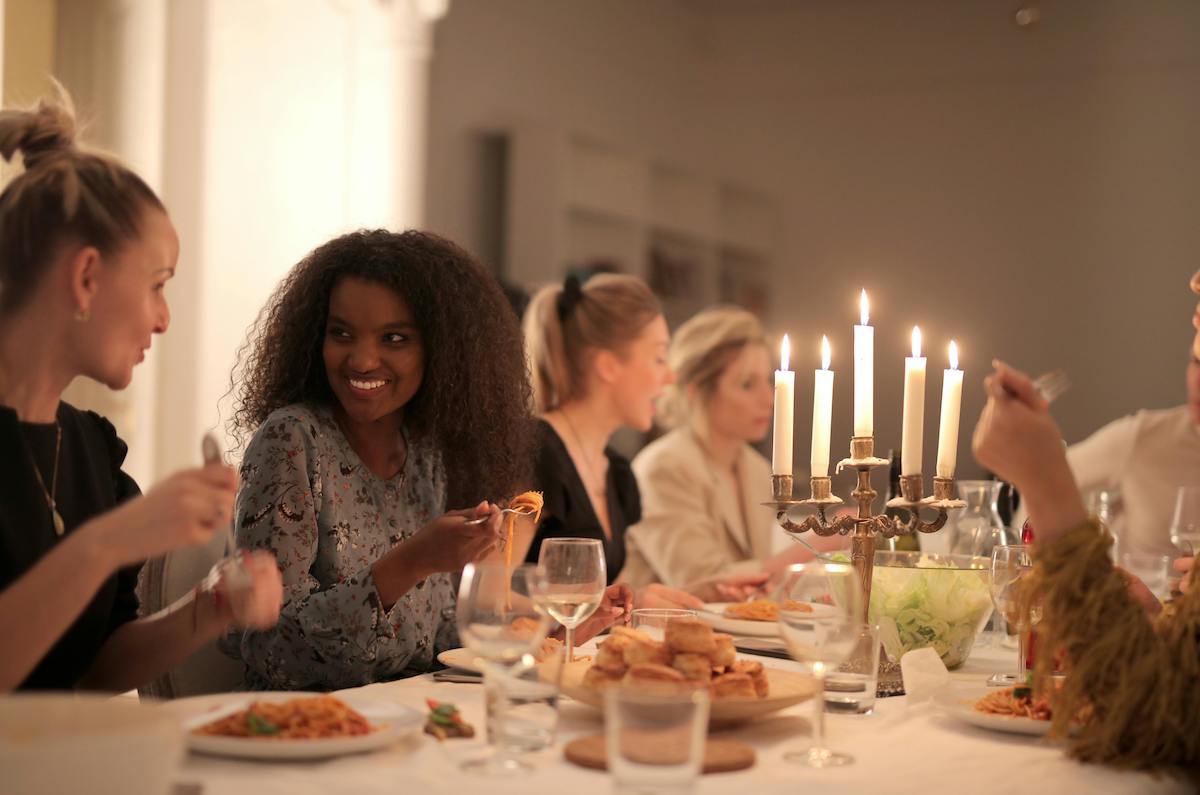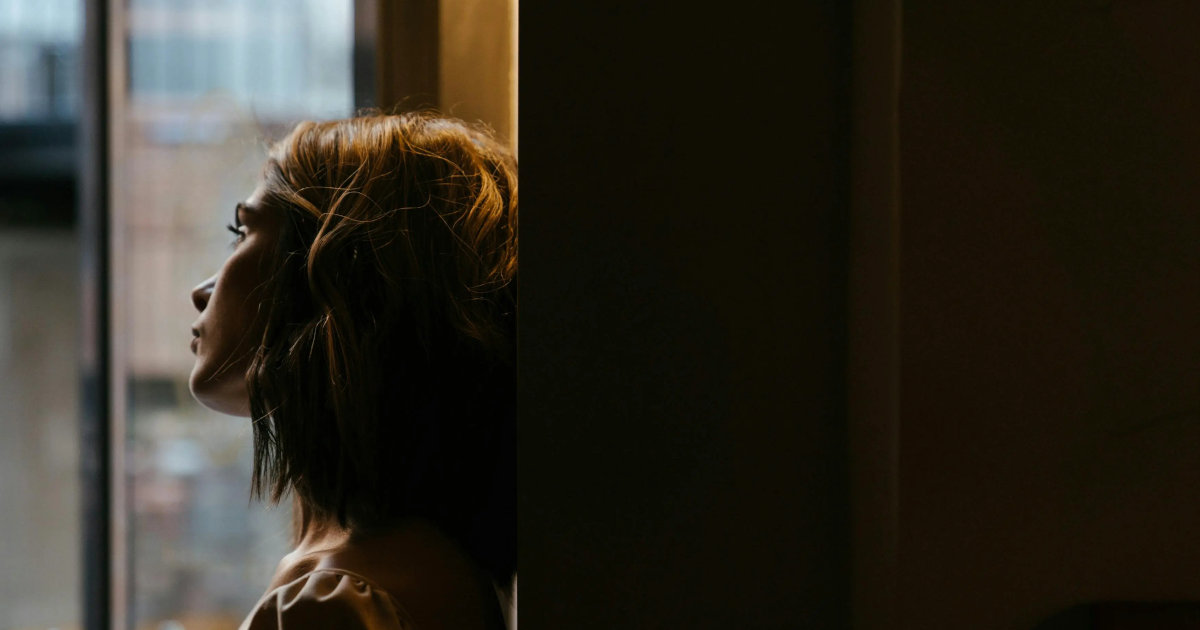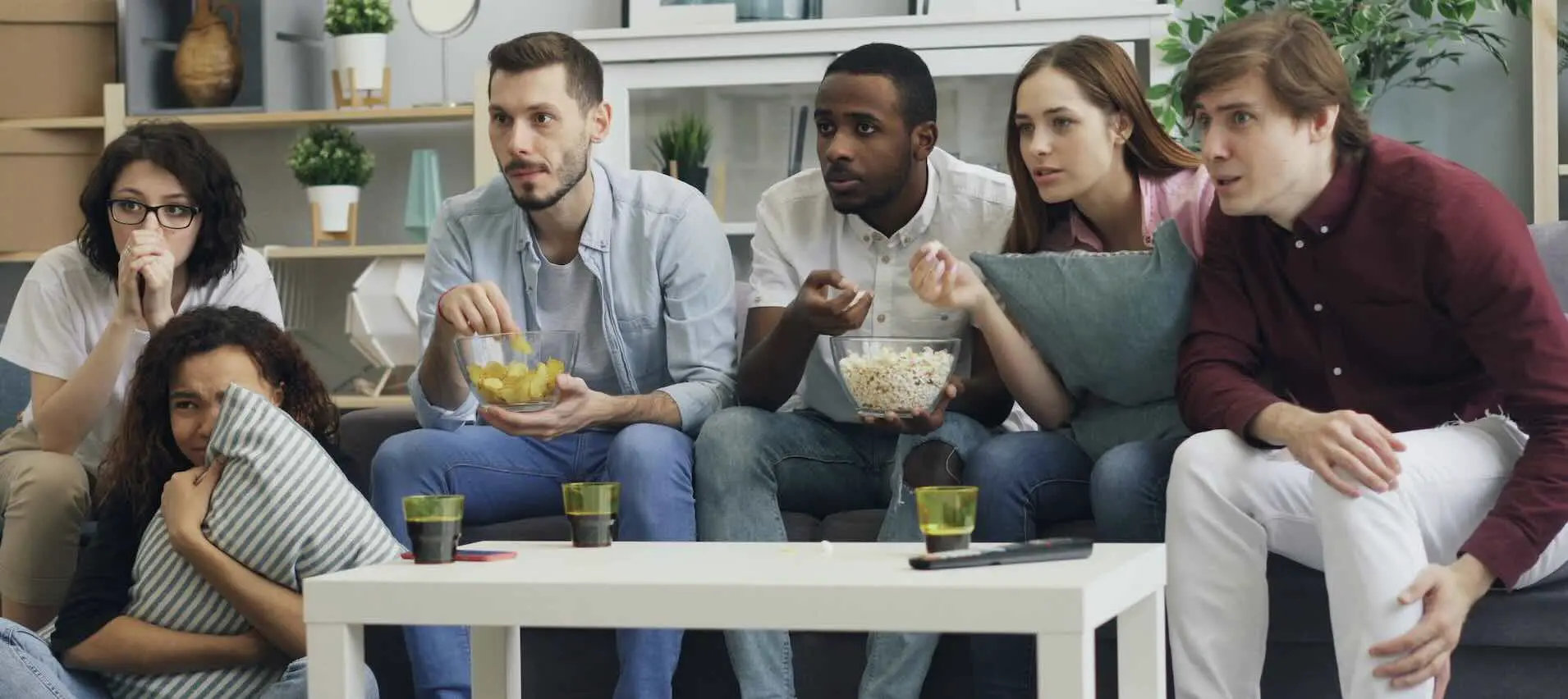Anxious Attachment Meets ADHD in Dating
You finally meet someone you really connect with. They’re fun, vibrant, spontaneous, and present when you’re together, and then suddenly, they’re gone. Not physically, but emotionally. The texts slow down. Replies come days later. Plans get forgotten, rescheduled, or cancelled. They seem to vanish into their own world. And your nervous system? It’s in full panic mode.
On the surface, it feels like red flags. But pause—what if it’s actually their neurodivergence?
If you have an anxious attachment style, dating someone with ADHD can feel like emotional whiplash. It’s not that your partner doesn't care. And no—you’re not “too much” for wanting presence. It’s just that your nervous systems are wired for intensity in very different ways.
As an Emotion-Focused Therapist, ADHD clinical coach, and adult child of immigrants who’s done the deep healing work around anxious attachment and ADHD myself, I now support individuals and couples navigating this exact dynamic. I’m passionate about helping people move from over-functioning to self-compassion—and helping couples move from chaos to clarity and connection.
This work can change how you relate to yourself and your partner. Healing is possible—and secure, grounded love is too, even for anxious hearts and ADHD minds.
ADHD and Anxious Attachment: Understanding the Overlap
Let’s start with understanding ADHD (Attention-Deficit/Hyperactivity Disorder). ADHD is a neurodevelopmental condition that affects more than just focus. It impacts executive function—planning, organizing, regulating emotions, and remembering important details.
In romantic relationships, ADHD can look like:
- Forgetting special dates or plans
- Struggling with time management (“time blindness”)
- Overwhelm in the face of emotional intensity
- Hyperfocus in one area, with emotional withdrawal in another
- Difficulty transitioning between tasks or states
What about anxious attachment? This attachment style often stems from early environments where emotional availability was inconsistent. You might have had caregivers who were loving one day and dismissive the next, or felt you had to earn attention by performing, pleasing, or achieving. As an adult, this can manifest as:
- A deep fear of abandonment or rejection
- Reading into gaps in communication
- Seeking reassurance through over-texting, people-pleasing, or “protesting” behaviours
- Feeling emotionally dysregulated when you’re unsure where you stand
When these two styles combine, it can create friction—but also tremendous opportunity for healing, if both partners are committed to growth.
How ADHD and Anxious Attachment Collide in Relationships
1. Communication Gaps
You: “Why haven’t they texted me back? Are they losing interest?”
Them: Likely hyperfocused on a task, neglected their phone.
This dynamic creates spiralling in the anxious partner and shame in the ADHD partner:
- You feel ignored.
- They feel like a failure.
- You ask again.
- They withdraw further.
Healing Insight: ADHD-related delays are rarely intentional. But your reaction is also valid—silence once felt like danger to your nervous system, so your response makes sense.
2. Emotional Confusion
ADHD brains crave novelty and thrive on hyperfocus—especially in the early stages of dating. It’s a dopamine rush. You might feel swept off your feet by their intensity and presence: deep conversations, spontaneous adventures, big romantic energy. And then… it stops.
Suddenly, they seem distant. Not cold—just gone. Their attention shifts, and your anxious brain kicks into overdrive: Was it all fake? Did I misread everything? Are they losing interest?Healing Insight: ADHD brains operate on dopamine-driven rhythms. That emotional withdrawal? It’s rarely personal—even though it feels incredibly personal. But understanding this doesn’t mean you settle for disconnection. It means you learn to communicate your needs, and co-regulate together.
Tell your partner what makes you feel anxious. Let them know that consistency—even a quick check-in—helps soothe your nervous system. It’s not about demanding perfection, but building awareness, attunement, and the kind of love where both people feel safely connected.
3. Planning and Follow-Through
You love certainty. You want plans. They’re excited to see you—but when the day comes, they reschedule or cancel. Not because they forgot, but because they didn’t anticipate how long other tasks would take. ADHD-related time blindness throws off their schedule, and suddenly the window to meet is gone.
You feel disappointed, maybe even like a second priority to their work or other obligations. It stings—not because you expect perfection, but because you want to feel important.
They, in turn, feel guilty and overwhelmed. They may not know how to explain that this wasn’t about not caring—it was about overcommitting and underestimating time.
Healing Insight:Your desire to feel valued and prioritized is valid. Their need for tools to manage time and transitions is also valid. Try saying:“When plans shift, it brings up stuff for me around not feeling important. Can we build in more buffer time so we both feel good about our plans?”
You absolutely deserve consistency. Your time, energy, and emotional safety matter. Consistency isn’t “too much”—it’s a basic part of healthy relationships.
At the same time, your partner’s struggles with planning and follow-through aren’t usually intentional or malicious. Time blindness, executive dysfunction, and disorganization are real barriers—not signs of disrespect. Tools like shared calendars, reminders, and visual cues can help—not as crutches, but as supports you can co-create if they’re open to growth
Therapist-Backed Tools for ADHD and Anxious Attachment Relationships
1. Understand Your Own Triggers First
Before asking your partner to change, get honest with yourself. What old story is getting activated? Is this really about them—or a familiar childhood wound playing out?
Journal Prompts:
- What am I really afraid of right now?
- What do I typically do when I feel uncertain or rejected?
- What did love feel like growing up?
2. Co-Create Nervous System Agreements
Mutual agreements help reduce anxiety and empower your ADHD partner.
Ideas:
- Daily check-in messages
- A code word for “I’m overstimulated, not avoiding you”
- Sunday planning check-ins
- Google Calendar invites with alerts
- Preemptive honesty: “This week will be packed, so I might be slower to reply. I’m still here.”
3. Regulate Before You React
If you’re activated, pause. Your urge might be to text again or demand answers. But acting from urgency often backfires.
Try:
- 4-7-8 breathing
- Walking around the block
- Writing a message but not sending it yet
- Talking to a therapist or friend before confronting your partner
When you’re grounded, your message may shift from “Why are you ignoring me?!” to:
“Hey, I noticed I got really anxious when I didn’t hear back. That’s common for me, and I’m working on it. Just wanted to name it so I don’t spiral silently. If you’re going to be busy or away from your phone, a heads-up really helps.”
4. Validate Each Other’s Differences
What you crave isn’t unreasonable: consistency, warmth, safety. What they need isn’t laziness: structure, patience, non-shaming reminders.
Try saying:
- “I know your brain works differently, and I want to support you.”
- “I’m learning that sometimes I interpret silence as danger, even when it’s not.”
This opens the door to repair instead of cycles of shame and blame.
Red Flags vs. Growth: ADHD and Anxious Attachment Dynamics
Some ADHD/anxious dynamics can become toxic if unaddressed. Here’s how to tell the difference:
Red Flags:
- Gaslighting or minimizing your emotional needs
- Using ADHD as an excuse to never take responsibility
- Chronically breaking promises with no effort to improve
Growth Opportunities:
- Open discussions about nervous system differences
- Willingness to create structure together
- Individual or couples’ therapy, or ADHD coaching
Love isn’t about perfection—it’s about repair and partnership. You don’t need a partner who never triggers you, but one who will co-regulate, listen, and grow with you.
Final Thoughts: Building Secure Love with ADHD and Anxious Attachment
Dating with anxious attachment can be challenging, but developing secure attachment is possible, especially with intentional self-work around inner child healing and self-worth. Dating someone with ADHD comes with its own hurdles, but with the right tools, support, and strategies, it’s absolutely manageable.
When both anxious attachment and ADHD show up in a relationship without awareness or support, it can feel overwhelming—sometimes impossible. But when both partners are committed to growth, curiosity, compassion, and effort, something beautiful can emerge.
Healthy, thriving relationships are possible—even when both people carry their own struggles. It just takes intention, self-awareness, and a shared desire to grow together.
Want more support? I offer 1:1 therapy for individuals navigating the intersection of anxious attachment and neurodivergence in love. If this spoke to you, I’d love to support you through individual or couples therapy. Healing is possible—you can build healthier, more secure connections with your partner and with yourself.
















